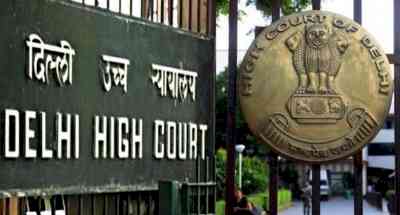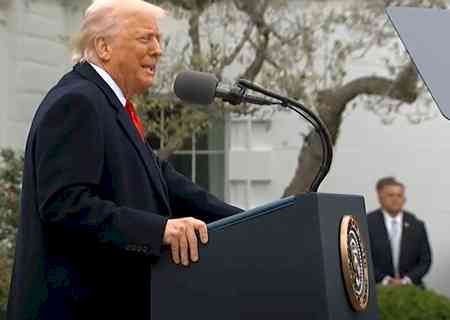IRDAI to ensure PwDs are not unduly prejudiced: Delhi HC
The Delhi High Court has stressed on the responsibility of the Insurance Regulatory and Development Authority of India (IRDAI) to ensure that specially-abled individuals are not subject to unfairly high health insurance premiums and loading charges.

New Delhi, Sep 2 (IANS) The Delhi High Court has stressed on the responsibility of the Insurance Regulatory and Development Authority of India (IRDAI) to ensure that specially-abled individuals are not subject to unfairly high health insurance premiums and loading charges.
Justice Prathiba M Singh presided over plea moved by Saurabh Shukla who is suffering from multiple health ailments, including tetraplegia due to an injury suffered in 2012.
Shukla, who uses wheelchair with limited use of his arms, had approached two insurance companies, but was refused by them both for any health insurance policy.
"The IRDAI being the sector regulator would also have an obligation to ensure that PwDs are not unduly prejudiced and give suitable directions to insurance companies after reviewing the products launched,” said the court.
The court stressed the "principle of reasonable accommodation," which obliges society and the state to provide additional support to specially-abled individuals, enabling them to lead lives of equal worth and dignity. This includes the right to access healthcare, including medical insurance.
Justice Singh observed that several general and health insurance companies, including four government insurance companies, have launched insurance products for persons with disabilities.
While these products may not be perfect, the court viewed them as a crucial step towards achieving equality for specially-abled individuals, in line with legislations such as the Right of Persons with Disabilities Act.
The court also highlighted the United Nations Convention on the Rights of Persons with Disabilities, which unequivocally recognises the rights of persons with disabilities to lead dignified lives and be treated without discrimination.
These principles are also enshrined in the Constitution of India.
Despite these international conventions and statutes, the court observed that actual equality on the ground remains challenging to achieve.
However, positive efforts are being made in the right direction. The court reiterated that the right to life includes access to healthcare and medical insurance.
The court clarified that it had not assessed the merits and reasonableness of each insurance product launched for persons with disabilities, leaving this open for consideration by relevant forums in case grievances arise.
In terms of addressing concerns about premium amounts, the court stated that individuals with insurance policies have legal remedies available to them.
It granted the petitioner the liberty to approach the relevant authority if he wished to raise concerns about premium charges.
In March, the court had directed the IRDAI to review proposed policies from insurance companies for individuals with disabilities and promptly approve them after examination.
The IRDAI was earlier directed to ensure the products are designed and introduced on an early date for persons with disabilities so as to enable them to obtain health insurance coverage.
“There should be no discrimination, as healthcare is concerned, against the he persons with disabilities. Right to life includes right to health and even healthcare,” the court had observed.


 IANS
IANS 








